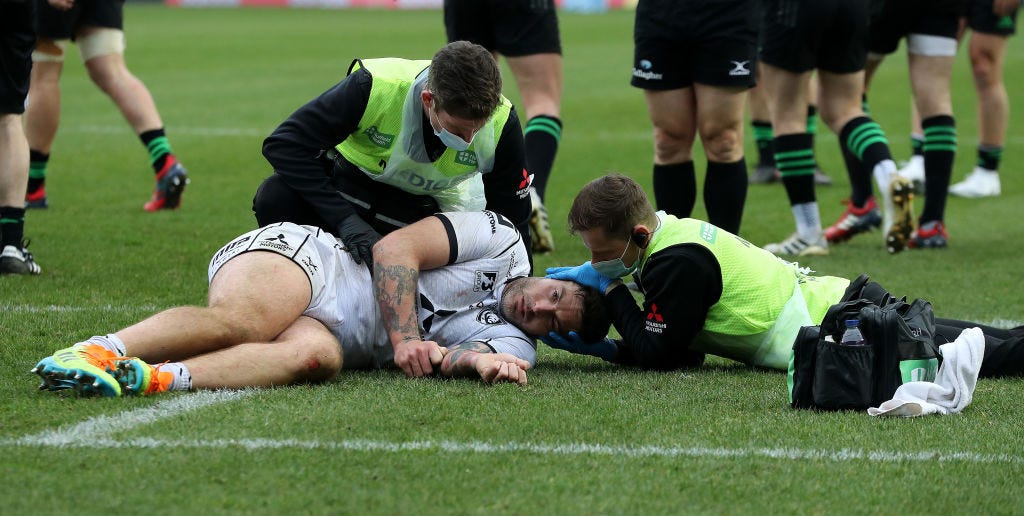The CTE sports wall of denial is crumbling
Leading neurologist's actions in the spotlight, PLUS: A busy The Week That Was and Weekend That Will Be.
This was a very, very bad week for the branches of Big Sport that have spent years trying to downplay and in some cases even deny the links between chronic traumatic encephalopathy (CTE) and the head trauma received while playing their games.
The guiding light of this movement, Paul McCrory, an Australian consultant neurologist and former AFL…
Keep reading with a 7-day free trial
Subscribe to The Bounce to keep reading this post and get 7 days of free access to the full post archives.




